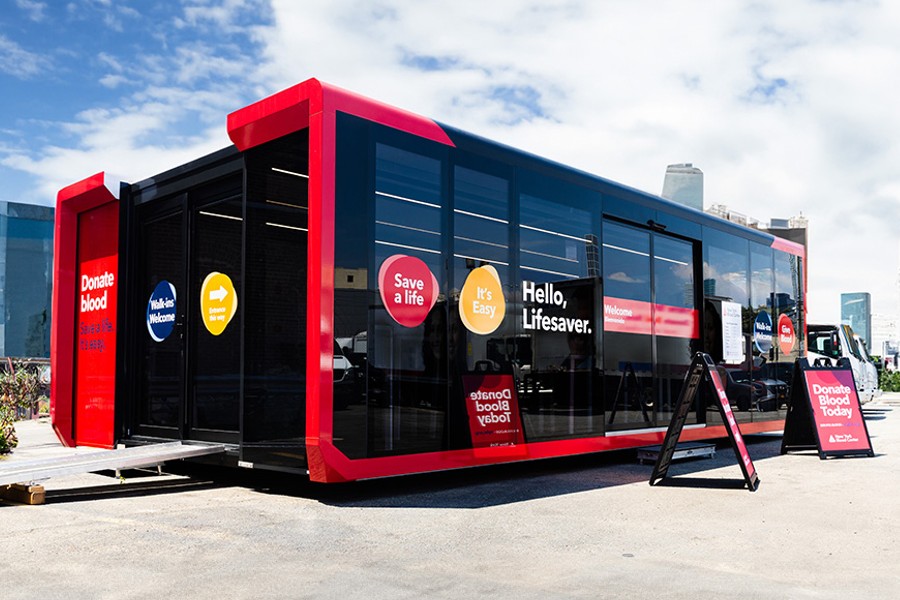 A new study conducted by researchers from the University of California Los Angeles explored some of the disparities in health care that have emerged throughout the COVID-19 pandemic.
A new study conducted by researchers from the University of California Los Angeles explored some of the disparities in health care that have emerged throughout the COVID-19 pandemic.
According to their findings, many consumers – predominantly those who are socioeconomically disadvantaged – have struggled to access vital health care services during the pandemic.
“The worsening access to care we observed among socioeconomically disadvantaged Americans is particularly concerning, because it suggests that the pandemic is widening inequities in access to vital health services, such as emergency care, preventive screening, and behavioral health services,” said researcher Dr. John Mafi.
Identifying disparities in health care
The researchers focused their study on the frequency that consumers received six important health care services between 2018 and 2021: colonoscopy screenings, doctor’s office visits, HIV screenings, mammograms, contraception counseling, and behavioral health services reports Consumer Affairs.
They also looked at how consumers’ health care coverage — including Medicare Advantage, Medicare fee-for-service insurance, Medicaid, or private insurance — impacted their decision to receive these services.
The researchers found that surges in the COVID-19 pandemic affected the likelihood with which consumers sought out these health care services.
In the initial spike between March 2020, and April 2020, the study showed that the use of these services dropped to nearly 70% of what they were expected to be pre-pandemic.
In the initial spike between March 2020, and April 2020, the study showed that the use of these services dropped to nearly 70% of what they were expected to be pre-pandemic.
Similarly, from January 2021, to February 2021, rates again dropped to more than 85% of what they were expected to be.
Similarly, from January 2021, to February 2021, rates again dropped to more than 85% of what they were expected to be.
The researchers also learned that when infection rates weren’t as high, consumers went back to using these health care services as they normally would.
However, some disparities remained. For consumers from low-income backgrounds, utilization rates of these vital health care services remained low.
By the end of the study, those who were dual eligible for Medicare-Medicaid were had just a 73% utilization rate for these services; comparatively, those with private insurance had reached over a 90% utilization rate.
By the end of the study, those who were dual eligible for Medicare-Medicaid were had just a 73% utilization rate for these services; comparatively, those with private insurance had reached over a 90% utilization rate.
Other factors did come into play. Many hospitals were under orders to delay health care services that weren’t deemed emergencies, and consumers decided to push back their own appointments to avoid COVID exposures.
However, it’s important for public health officials to now work to ensure that consumers are making up any health care services they may have neglected over the course of the pandemic.
“Policymakers, health system leaders, clinicians, and patients should proactively develop rapid and effective ‘catch-up’ strategies to avoid harm that could result from missed opportunities for care during the pandemic,” said researcher Dr. Katherine Khan. “Patients at high risk for adverse health outcomes associated with missed care during the pandemic or during the period leading up to it may need additional efforts to overcome barriers to accessing ambulatory care.”
Become a Harlem Insider!
By submitting this form, you are consenting to receive marketing emails from: Harlem World Magazine, 2521 1/2 west 42nd street, Los Angeles, CA, 90008, https://www.harlemworldmagazine.com. You can revoke your consent to receive emails at any time by using the SafeUnsubscribe® link, found at the bottom of every email. Emails are serviced by Constant Contact








